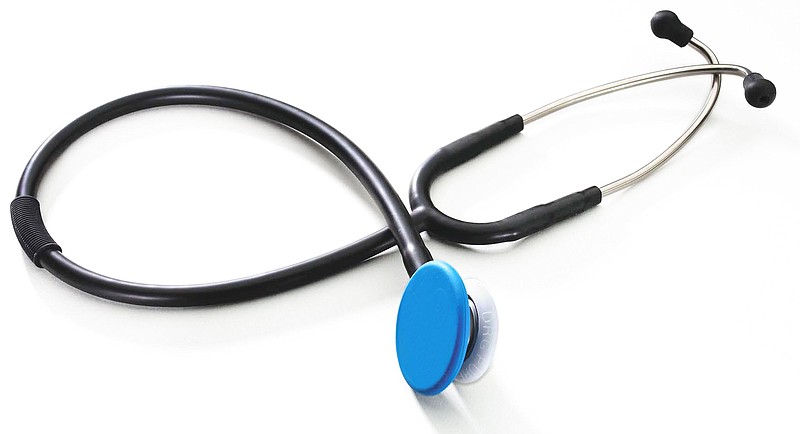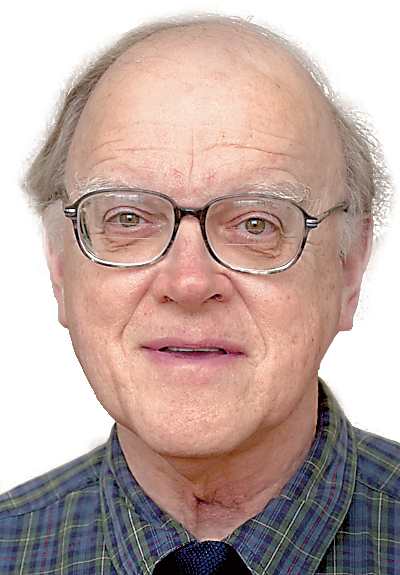Medicaid expansion continues despite stiff political opposition. Recent studies document the effectiveness of the program's growth.
In 2012, the Supreme Court ruled in a 7-2 decision that mandatory expansion of Medicaid coverage, as outlined in the Affordable Care Act (ACA), was unconstitutional. Expansion of eligibility to cover persons earning up to 138 percent of the federal poverty level (FPL) could proceed only if approved by individual state legislatures.
States that chose expansion would receive federal support to cover the additional costs. All costs of expansion would be covered for up to four years. Ninety percent of expansion costs would be covered thereafter.
To date, 33 states and the District of Columbia have expanded their Medicaid programs. Utah will vote in November on possible expansion of its program. An estimated 15 million people have gained coverage as a result of enhanced eligibility. Seventy-six million people are currently covered by Medicaid, including 11 million economically disadvantaged Medicare enrollees.
In states that have not expanded their Medicaid programs, the income ceiling for benefits ranges from 18 percent of the FPL in Alabama and Texas to 98 percent in Tennessee.
Two reports in the August 2018 issue of Health Affairs examine the benefits of Medicaid expansion in people suffering from diabetes and from opiate addiction.
Costs of managing diabetes have steadily risen due to steady increases in the price of insulin and newly approved medications. Diabetes is more prevalent among poorer persons. States that chose expansion witnessed a 40 percent increase in the number of prescriptions filled for diabetic medications compared to the years preceding expansion. Management of diabetes reduces the incidence of related complications of stroke, heart attack, kidney failure and damage to eyesight. The cost of care for each diabetic patient who has access to medications decreased by an estimated $6,400 per year, due to a reduction in the need for hospitalization.
The ACA established mental health services, which include therapy for addiction, as an essential benefit for expanded Medicaid and other approved health insurance plans. In expansion states, the percent of addicted persons without health insurance decreased from 34.4 before expansion to 20.4. Non-expansion states saw a drop from 45 percent to 38.6 percent when the same intervals are compared. Access to treatment is crucial if the opiate epidemic is to be checked.
These gains in expansion states face an uncertain future due to the enactment last year of the American Health Care Act. This legislation ends financial supplements for Medicaid expansion. The measure also caps total Medicaid spending, seeking to reduce it by 25 percent of current expenditures - approximately $800 billion - by 2026. Reductions of this magnitude will severely limit Medicaid's effectiveness.
Work requirements also pose an uncertain challenge to expansion. Four states - Arkansas, Indiana, Kentucky and New Hampshire - obtained waivers from the Centers for Medicare & Medicaid Services to impose a work requirement on Medicaid recipients. Initially, adults age 30 to 49 would have to work 80 hours per month to maintain Medicaid eligibility. Full-time students, frail individuals and care-givers for dependent children are excluded from the work requirement. A federal district judge blocked the requirement in Kentucky. Initial reports from Arkansas indicate that almost 30 percent of Medicaid recipients did not meet work requirements and could be subject to lose their benefits.
Medicaid represents a vital lifeline for people with limited finances. In states that have chosen to expand coverage, recipients enjoy improved access to care, better outcomes and reduction of financial strain when ill or injured. The program deserves strengthening and expansion.
Clif Cleaveland, M.D., is a retired internist and former president of the American College of Physicians. Email him at ccleaveland@timesfreepress.com.

